Heroes and villains of the Labour antisemitism row
From activists to organisations, MPs to rabbis, we pick out those who put their necks on the line to defend the community during the row over Jew-hate in Labour
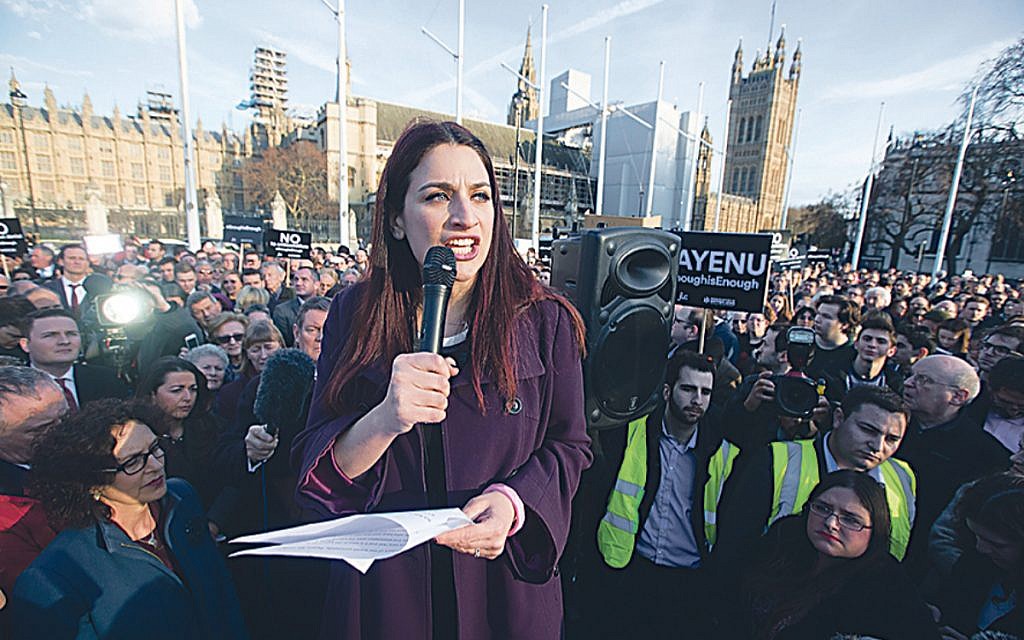
Four Jewish women MPs
Four Jewish women, all Labour MPs, found themselves at the forefront of battles with their party over antisemitism. In February 2018 Luciana Berger, then MP for Liverpool Wavertree, challenged Jeremy Corbyn on his apparent support for a controversial mural in east London, which she described as “one of the worst examples of antisemitic imagery”.
The mural, which the local council had removed, appeared to show Jewish bankers sitting on the backs of the poor and oppressed.
Get The Jewish News Daily Edition by email and never miss our top stories Free Sign Up
In different ways her colleagues — Ruth Smeeth, Louise Ellman and Margaret Hodge — were attacked for allegedly “weaponising” antisemitism, and accused of “smearing” Corbyn and the Labour Party. Berger left Labour in February 2019, and failed to re-enter Parliament in the December 2019 election when she ran for the Liberal Democrats. Ruth Smeeth lost her seat; Louise Ellman, who had been made a Dame in 2018, resigned from Labour in October 2019, citing antisemitism. Margaret Hodge, who had openly challenged Jeremy Corbyn in the Commons, accusing him of being an antisemite, was the only one of the four to retain her seat.

Jewish Labour Movement
Hard-core evidence against Labour was required by the EHRC in order for it to open its inquiry. Work by the Jewish Labour Movement, (JLM), the only Jewish affiliate to the party, made the difference. JLM’s Adam Langleben and Peter Mason — with legal guidance from Mishcon de Reya lawyer James Libson — set up the Antisemitism Monitoring Centre in October 2018, and asked for submissions. Before long JLM had 800 notifications of antisemitic behaviour, which became the basis for JLM to act as a formal complainant to EHRC. “We had a lot more victims come forward”, Adam Langleben said, “people who trusted us because we were part of the Labour Party”.
READ MORE
- Meet the activists defending the community: ‘This was everyone’s fight’
- Live blog: Equalities watchdog’s damning verdict on Labour antisemitism: GUILTY AS CHARGED
The pressure group, Labour Against Antisemitism, also submitted a dossier to EHRC, but was not a formal complainant. The EHRC announced its inquiry against Labour in May 2019.
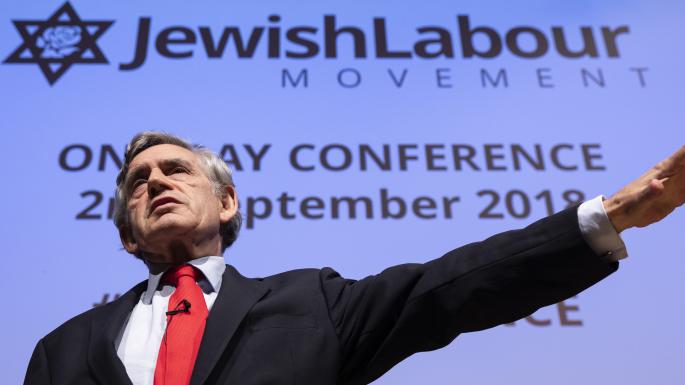
Campaign Against Antisemitism
The Campaign Against Antisemitism (CAA) has made its name taking radical public action against those whom it has perceived to be antisemites, often ending in court.
In July 2018, after a number of fruitless attempts to get the Labour Party to instigate inquiries and disciplinary action against leader Jeremy Corbyn, the CAA formally referred the Labour Party to the Equalities and Human Rights Commission (EHRC), accusing it of institutional antisemitism.
At the EHRC’s request the CAA submitted a dossier of legal argument and evidence. CAA chair Gideon Falter said the organisation believed that “the Labour Party has become institutionally antisemitic and has persistently and repeatedly acted unlawfully by discriminating against Jewish members and victimising those within Labour who stand up to antisemitism.”
Whistleblowers
In July 2019 the BBC screened an extraordinary Panorama programme, Is Labour Antisemitic?, written and presented by journalist John Ware. In the programme seven former employees from the party’s governance and legal unit spoke of how cases of antisemitism had been handled inside Labour headquarters. Both they and former senior officials alleged interference in dealing with complaints.
In response Labour attacked Ware, and said the whistleblowers had “acted in bad faith” against the party. The seven sued for defamation and in July 2020 Labour made a formal apology in court and paid them, and Ware, damages. The climbdown is believed to have cost Labour around £500,000 — but the payment was subsequently criticised by Jeremy Corbyn.
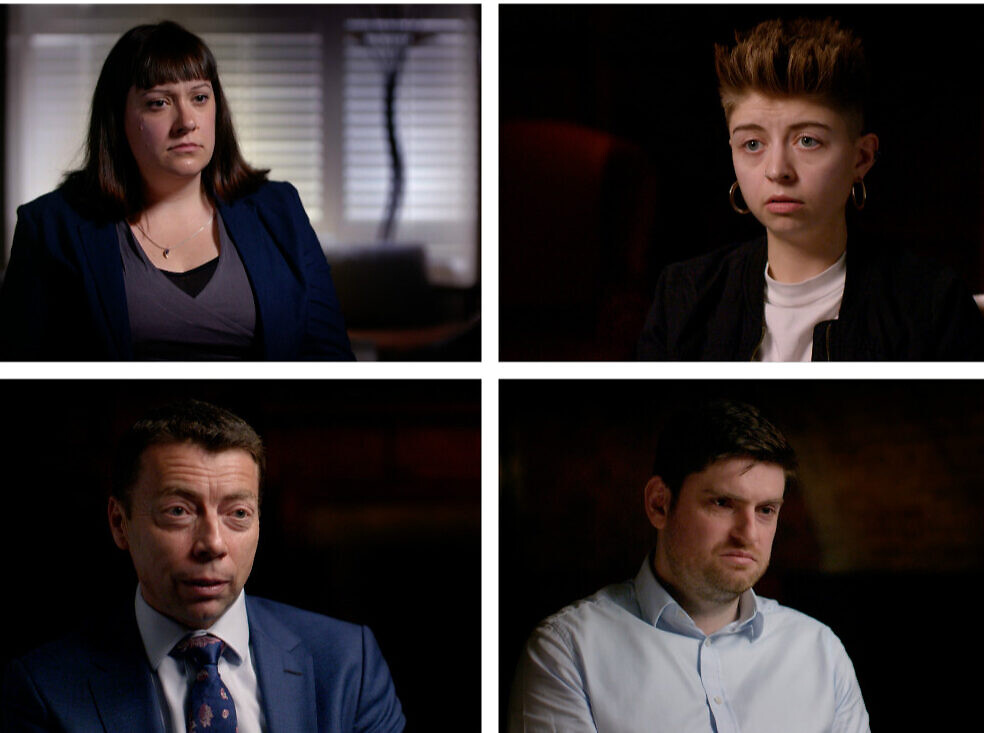
Two chief rabbis
Chief Rabbi Ephraim Mirvis made an unprecedented attack on Jeremy Corbyn and his leadership in late November 2019, only days before the December general election. In an astonishing article in The Times, he denounced Labour, saying that “a new poison, sanctioned from the top, has taken root in the Labour Party”, and warned that “the very soul of our nation is at stake.” He dismissed claims that Labour was doing all it could to stamp out antisemitism as “a mendacious fiction”.
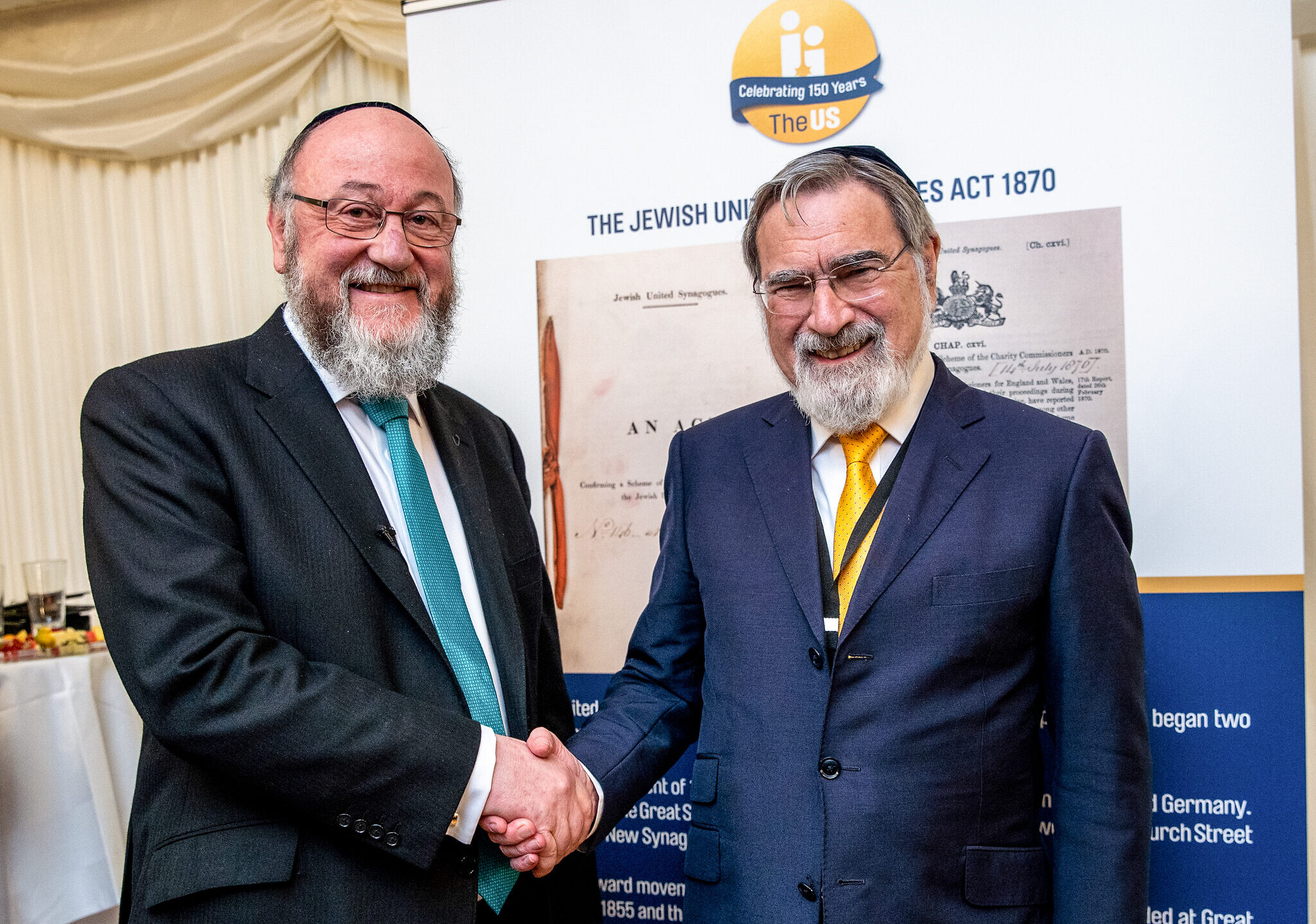
His predecessor, Rabbi Lord Sacks, sounded warning bells against Jeremy Corbyn in August 2018. In an interview in the New Statesman, he described the Labour leader’s comment about Zionists at a 2013 conference as “the most offensive statement by a senior UK politician since Enoch Powell’s “rivers of blood” speech.He believed that Corbyn had “given support to racists, terrorists and dealers of hate who want to kill Jews and remove Israel from the map”.
Three Jewish papers
“United We Stand” was the identical headline on July 25, 2018 on the front page of the three leading Jewish newspapers in the UK — the Jewish News, the Jewish Chronicle, and the Jewish Telegraph. The editorial warned that Jeremy Corbyn and his inner circle represented an “existential threat” to Britain’s Jewish community. It was published in the wake of another row within Labour, this time over the party’s refusal to adopt the International Holocaust Remembrance Alliance (IHRA) definition of antisemitism.
Meanwhile almost every Jewish journalist in the national press wrote about their own response to the rising manifestation of antisemitism in Labour, and the name-calling and abuse on social media grew louder.
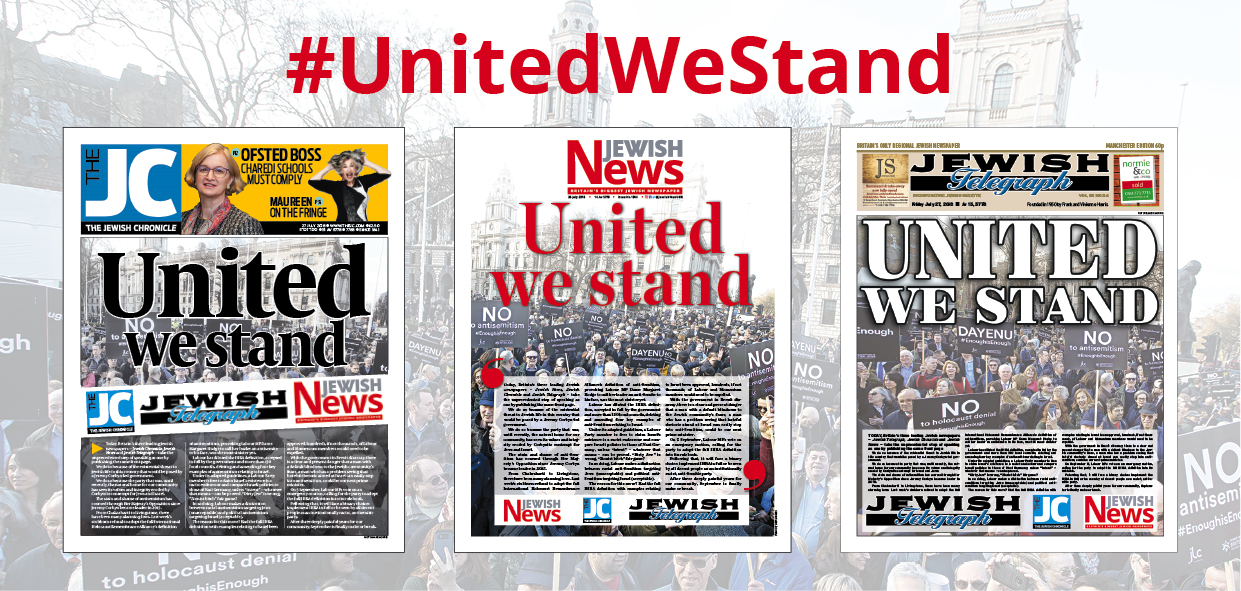
Jewish community
Both the Board of Deputies and the Jewish Leadership Council — normally apolitical bodies — took a robust stand against Labour antisemitism, co-ordinating their response wherever possible. Using the slogan “Enough is Enough”, the community gathered in Parliament Square in March 2018, joined by numbers of Labour MPs and peers who were deeply unhappy about anti-Jewish racism.
There were rallies in both London and Manchester, attended by thousands of people, Jewish and non-Jewish.
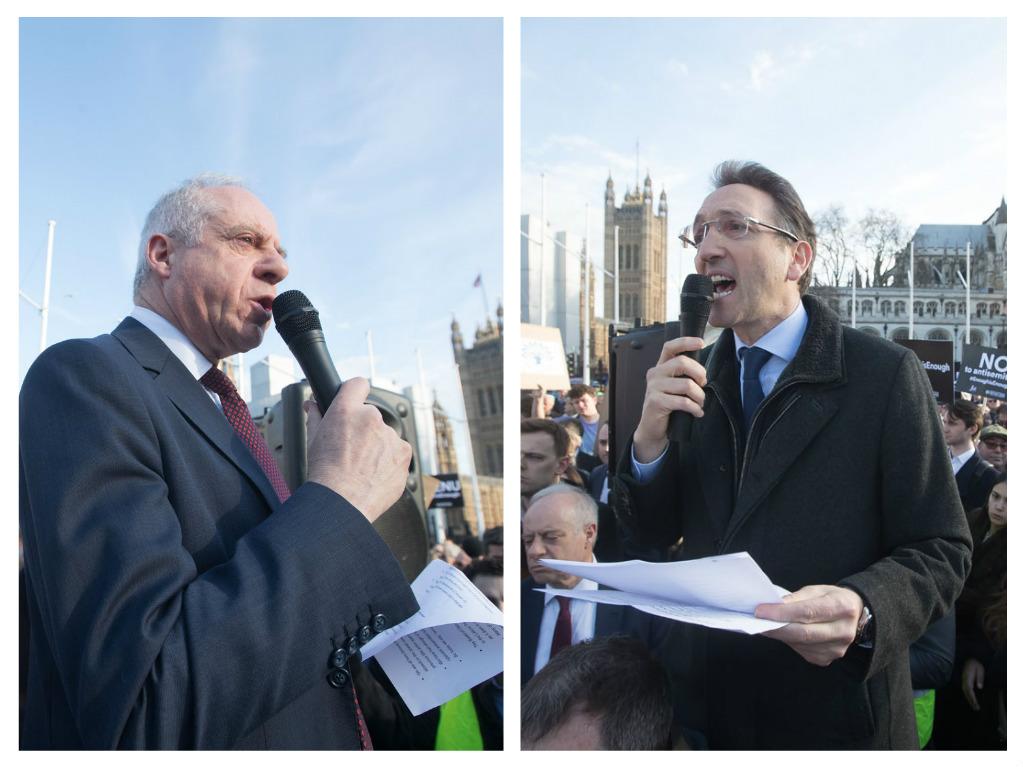
Credit: Marc Morris
Rabbis joined forces, too. In July 2018 68 rabbis across the religious spectrum, from strictly Orthodox to Liberal, wrote to the Guardian calling for Labour to “listen to the Jewish community” and adopt the full version of the IHRA definition of antisemitism. (Labour leaders were pressing for a watered-down version).
Academics and explainers
Those struggling to make sense of Labour antisemitism had some useful guides to whom to turn — academics David Hirsh and Alan Johnson, human rights lawyer Adam Wagner, and the Community Security Trust’s Dave Rich.
Rich’s definitive book, The Left’s Jewish Problem, Jeremy Corbyn, Israel and Antisemitism, along with Hirsh’s Contemporary Left Antisemitism and Whitewashed, an anthology of essays edited by Judith Ornstein documenting Labour antisemitism, provided crisp and clear analyses of what was taking place in Labour.
Adam Wagner, meanwhile, who acted for the CAA in its complaint to the EHRC, spent hours on social media patiently picking apart the arguments of antisemites.
The Brighton leader
In February 2019 the former Labour leader of Brighton and Hove City Council, Warren Morgan, announced his resignation from the party, citing a toxic culture of bullying, Brexit and antisemitism as his reason for stepping down.
Mr Morgan hit the headlines after Labour’s controversial 2017 annual conference in the city. As the council leader he told the party bluntly that unless it sorted out its antisemitism problem, Labour would not be welcome to hold its conference in the city again. But Mr Morgan, who is not Jewish, and who was horrified by what he had witnessed, was not supported in his actions and Labour did return to Brighton in September 2019.
Rachel Riley and Tracy-Ann Oberman
Several women who were already household names in Britain in TV, arts and culture, took to social media to challenge antisemitism in Labour. Most prominent were the Countdown presenter Rachel Riley, who had had no profile within the Jewish community, but who set herself to learn about antisemitism and how to challenge it.
Along with Riley was actress Tracy-Ann Oberman; both, at the height of misogynistic and racist abuse, took legal action against their attackers.

An unexpected ally was the Harry Potter and Cormoran Strike author JK Rowling, who came out strongly in support of the Jewish community. She was a long-time financial supporter of the Labour Party so her challenge had greater resonance.
The Labour politicians
Throughout the long process of in-fighting between Labour’s leadership and many of its back-benchers, several names stood out — primarily non-Jewish politicians with long and warm connections to the Jewish community.
MP John Mann, who today sits in the House of Lords, had been outspoken about antisemitism long before Jeremy Corbyn became the party leader, and was at the forefront of helping British Jews defend themselves against the racist abuse. Ian Austin, who now also is a peer, was the MP for Dudley North whose father was a Czech Jew, almost all of whose family were killed in the Holocaust. Lord Austin resigned from Labour in February 2019.
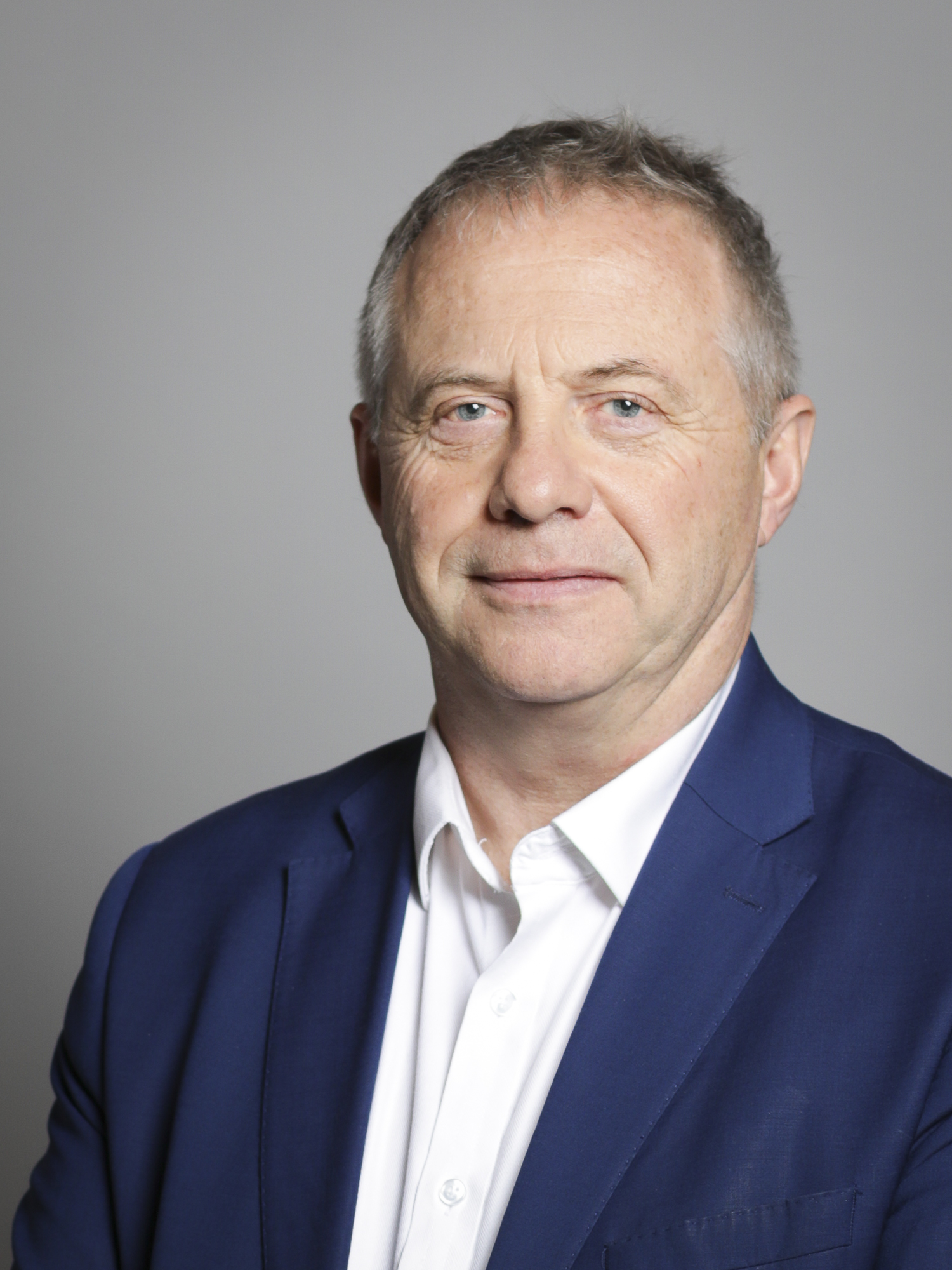
And Joan Ryan, former MP for Enfield North, chaired Labour Friends of Israel in the Commons and lost a vote of no confidence in her local party, primarily due to her support for the Jewish community. She also left Labour in February 2019.
The lawyer
Mark Lewis, a well-known media and libel lawyer for his work on the phone-hacking scandal involving the News of the World, moved to Israel at the end of 2018, citing antisemitism in the UK as his major reason.
But he has continued to serve clients in Britain and has been involved in numbers of high-profile cases relating to antisemitism in public life. He acted for the whistleblowers against Labour in the Panorama case and is understood to have many more actions in the pipeline.

The villains
Chris Williamson
Ex Derby MP known for vitriolic comments was suspended in February 2019 after footage emerged of him telling activists Labour had been “too apologetic” in its handling of antisemitism claims.
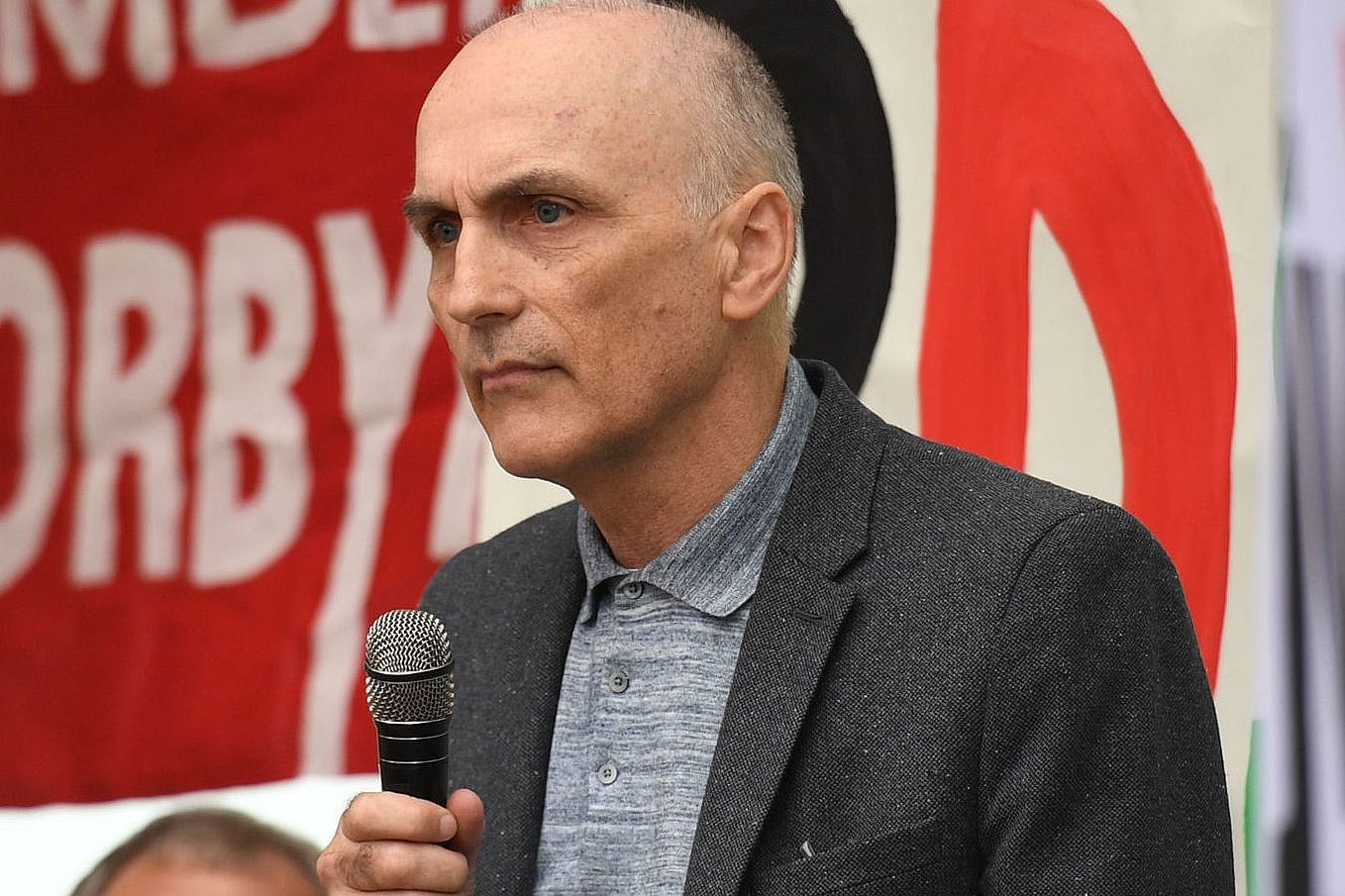
Jackie Walker
Activist was kicked out of Labour for making comments which were “grossly detrimental” to the party. She was previously disciplined for saying “many Jews were chief financiers of the slave trade”.
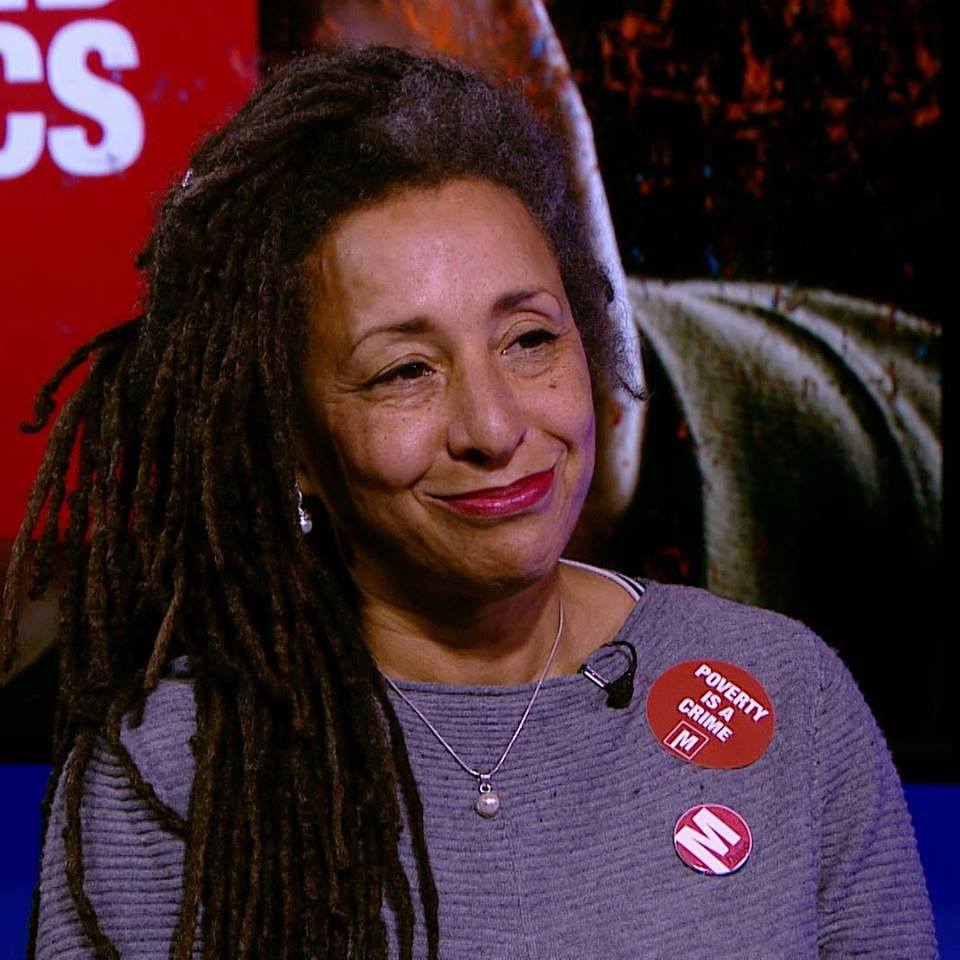
Len McCluskey
Unite chief sparked anger in 2017 when he suggested claims of antisemitism in Labour were “mood music” to undermine Jeremy Corbyn. He vocally opposed settling with antisemitism whistle-blowers.
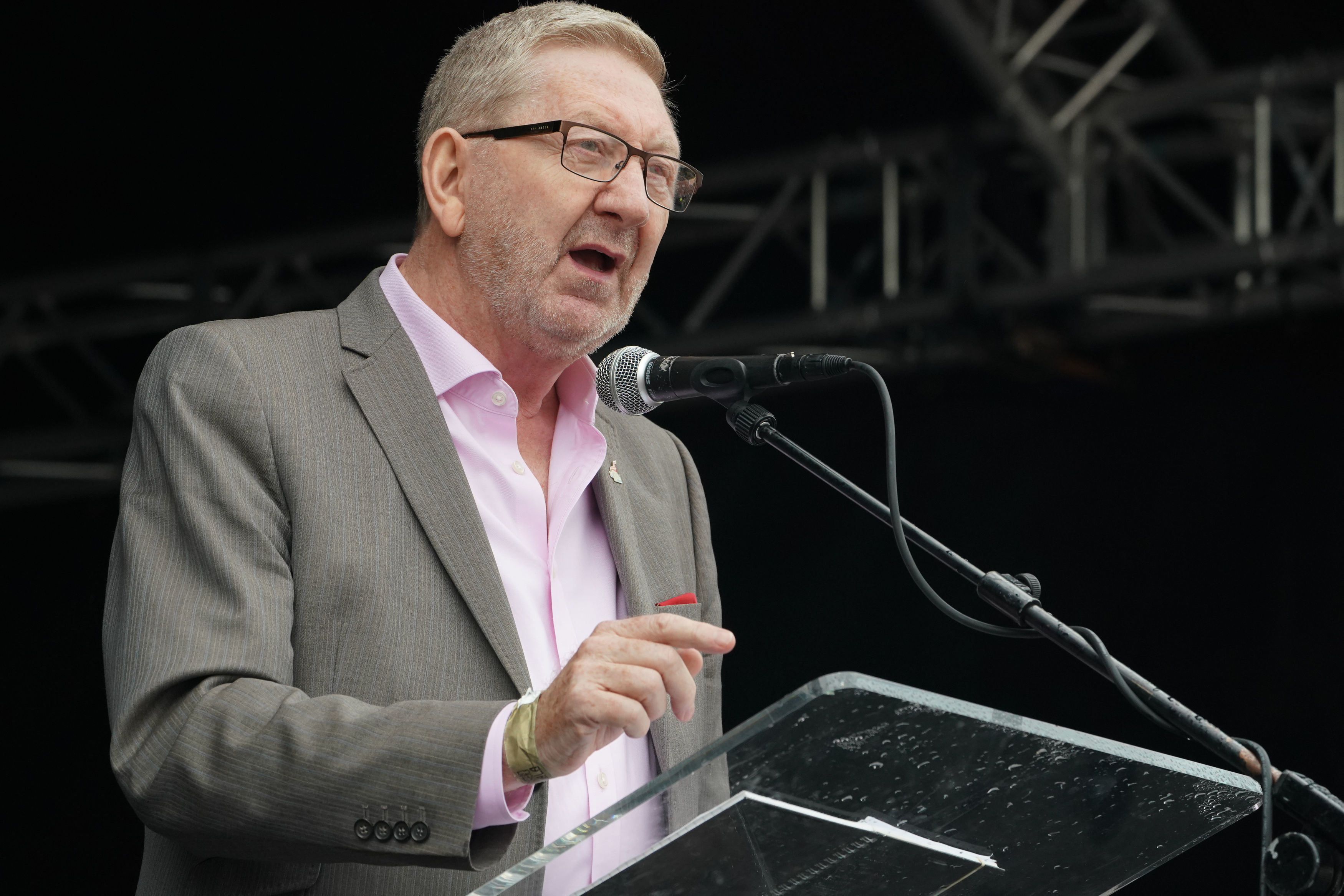
Ken Livingstone
Former mayor caused outrage in 2016, when he claimed Hitler “was supporting Zionism before he went mad and ended up killing six million Jews”. He was suspended, before resigning in 2018.
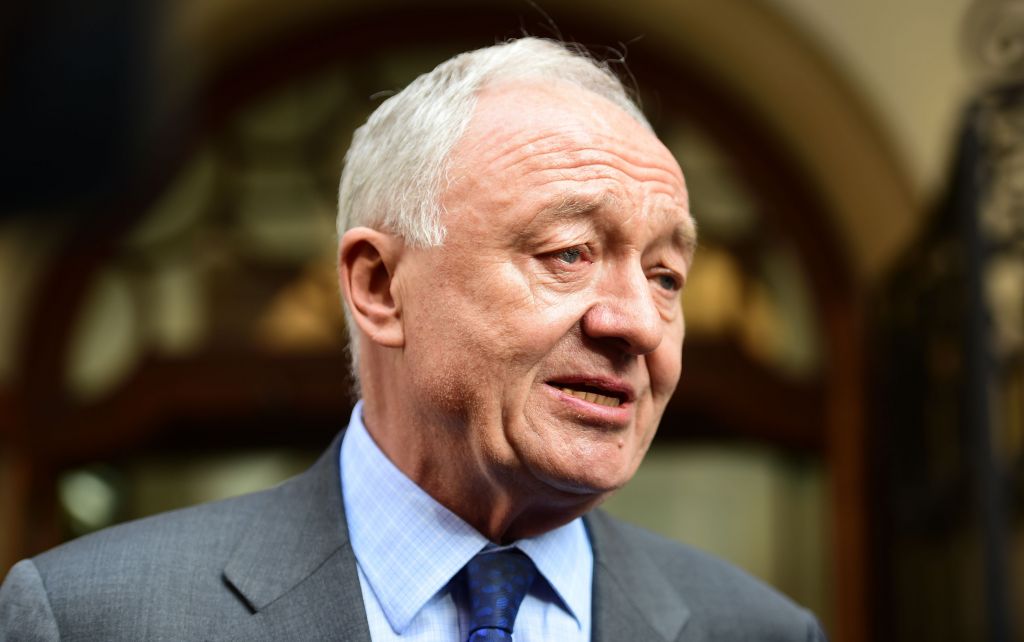
Pete Willsman
Long-serving NEC member was suspended in May 2019 after being recorded accusing the Israeli embassy of “whipping up” antisemitism claims against Corbyn, accusing staffers of work indirectly for Israel.
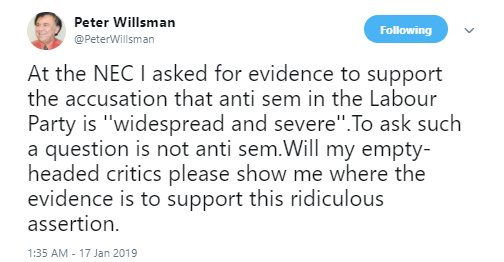
Jewish Voice for Labour
Anti-Zionist Jewish group accused mainstream communal bodies of “weaponising” antisemitism to attack Corbyn. JVL organised the counter-demonstration to the Enough Is Enough protest in Parliament Square.
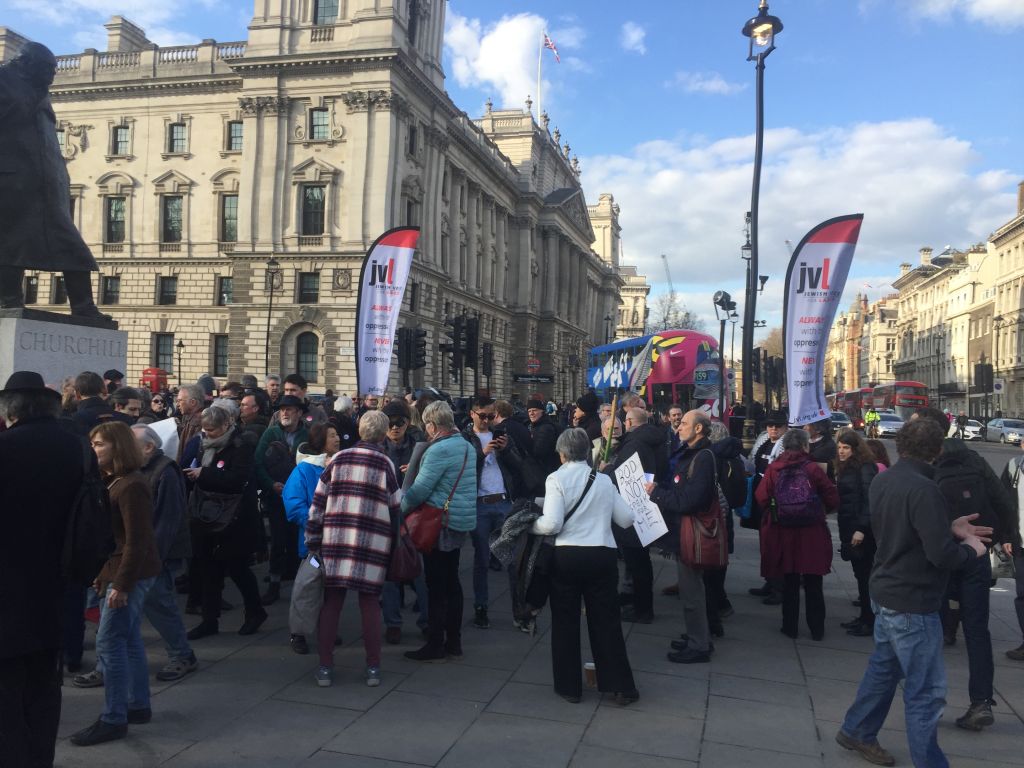

Thank you for helping to make Jewish News the leading source of news and opinion for the UK Jewish community. Today we're asking for your invaluable help to continue putting our community first in everything we do.
For as little as £5 a month you can help sustain the vital work we do in celebrating and standing up for Jewish life in Britain.
Jewish News holds our community together and keeps us connected. Like a synagogue, it’s where people turn to feel part of something bigger. It also proudly shows the rest of Britain the vibrancy and rich culture of modern Jewish life.
You can make a quick and easy one-off or monthly contribution of £5, £10, £20 or any other sum you’re comfortable with.
100% of your donation will help us continue celebrating our community, in all its dynamic diversity...
Engaging
Being a community platform means so much more than producing a newspaper and website. One of our proudest roles is media partnering with our invaluable charities to amplify the outstanding work they do to help us all.
Celebrating
There’s no shortage of oys in the world but Jewish News takes every opportunity to celebrate the joys too, through projects like Night of Heroes, 40 Under 40 and other compelling countdowns that make the community kvell with pride.
Pioneering
In the first collaboration between media outlets from different faiths, Jewish News worked with British Muslim TV and Church Times to produce a list of young activists leading the way on interfaith understanding.
Campaigning
Royal Mail issued a stamp honouring Holocaust hero Sir Nicholas Winton after a Jewish News campaign attracted more than 100,000 backers. Jewish Newsalso produces special editions of the paper highlighting pressing issues including mental health and Holocaust remembrance.
Easy access
In an age when news is readily accessible, Jewish News provides high-quality content free online and offline, removing any financial barriers to connecting people.
Voice of our community to wider society
The Jewish News team regularly appears on TV, radio and on the pages of the national press to comment on stories about the Jewish community. Easy access to the paper on the streets of London also means Jewish News provides an invaluable window into the community for the country at large.
We hope you agree all this is worth preserving.
-
By Brigit Grant
-
By Laurent Vaughan - Senior Associate (Bishop & Sewell Solicitors)
-
By Laurent Vaughan - Senior Associate (Bishop & Sewell Solicitors)
-
By Laurent Vaughan - Senior Associate (Bishop & Sewell Solicitors)
-
By Laurent Vaughan - Senior Associate (Bishop & Sewell Solicitors)





















